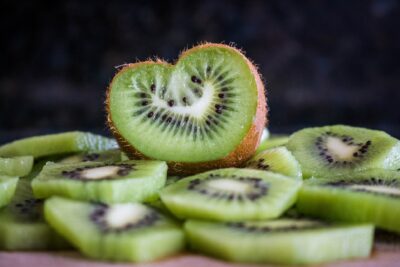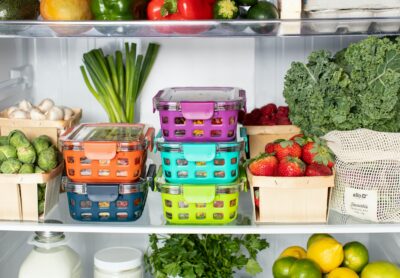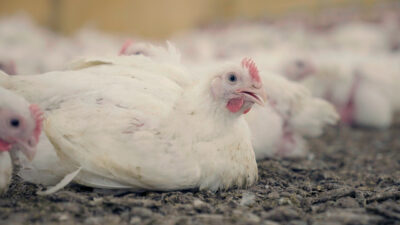All over the world, veganism is the trend that keeps on trending. Lots of people make the change when they come to understand the suffering of sentient beings trapped inside the farming system. Others abandon animal products when they see the damage that they do to the planet — from climate breakdown and pollution to deforestation and wildlife loss. And others make the change when they learn about the serious detrimental health impacts of eating meat, milk, and eggs.
What Is A Vegan Diet?
A vegan diet is made up of grains, nuts, vegetables, salads, legumes, seeds, herbs, and fruits, and all the products made from them. Even in an omnivore’s house, much of the food cupboard is dedicated to vegan foods, like bread, pasta, rice, tinned tomatoes, peanut butter, curry sauces, crisps, biscuits, breakfast cereals, and so much more. Vegans do not eat meat, milk, and eggs from animals, although we do eat plant-based versions of all these things, including yoghurt, cream, ice cream, veggie sausages, burgers, and chick*n nuggets.
Is It Healthiest To Be Vegan?
It is very healthy to be a plant-based vegan. That means, we prioritise whole foods rather than relying too much on convenience foods. If we put whole grains, legumes, nuts, seeds, fruits, and vegetables at the heart of our meals, we reduce the risk of developing many serious and chronic conditions. Of course, convenience foods can play a part, too. After all, life is busy, and these foods offer a tasty and simple option.
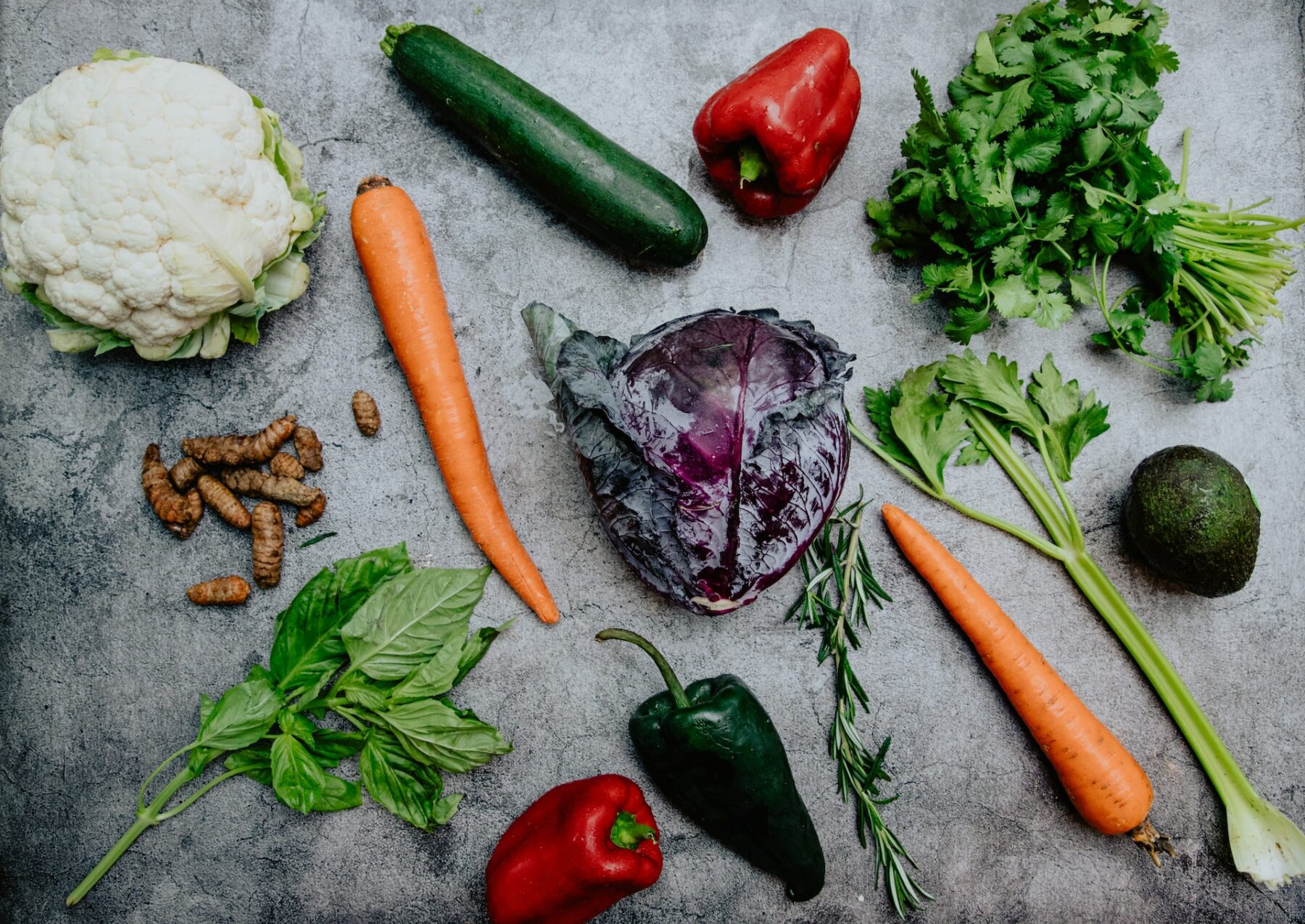
What Are The Benefits Of a Vegan Diet?
There are so many! First, it does not rely on the deliberate exploitation, suffering, and killing of animals, and for all of us animal lovers, that is a major incentive. It is also kinder to the planet, and has a much lower impact than animal products on the climate, on land use, water use, pollution, deforestation, and wildlife loss. More great reasons! And then we come to the health benefits, which are wide-ranging, and include the almost-immediate personal health boosts to the prevention of global pandemics.
What Are The Health Benefits Of A Vegan Diet?
Grab yourself a snack… this could take some time.

You Could Have Better Skin
When people become vegan, they often find their skin gets clearer. Lots of people believe this is connected with an intolerance to dairy, which most of the world’s adult population has. When we remove dairy from our diets and choose milks made from oats, soya, almonds, or hazelnuts instead, those blemishes and breakouts can quickly fade away.
A Vegan Diet Often Means Better Digestion
New vegans often find that the entire digestive process becomes a lot smoother and more comfortable, and with less bloating, too. Often, people are unaware that their ‘normal’ digestion is, in fact, not that great. But when they start to eat more of that lovely fibre we get in abundance on a plant-centric diet, our guts cheer up no end. And a happy gut microbiome has a powerful knock-on effect on the rest of our health.
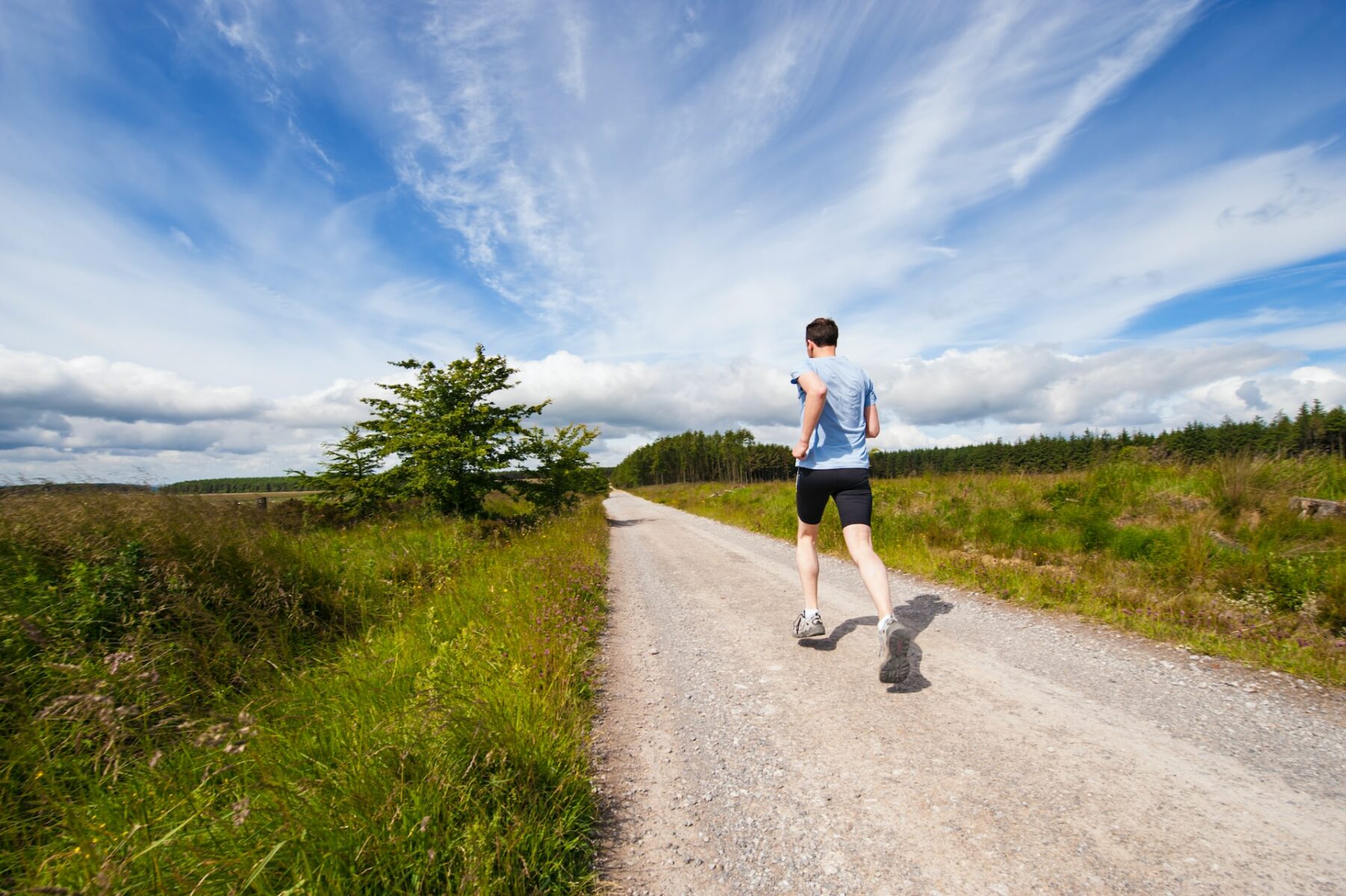
Vegans Report More Energy and Better Sleep
Other commonly reported side effects from new vegans are that they have more energy and sleep better. It’s curious, and we don’t know why. It could be that our bodies are not working so hard trying to digest animal-based foods, which means there is more energy for us. It might be that we are just running on a cleaner source of fuel, and our bodies are thriving. As for sleeping better, if our digestion has cleared up, and we are more comfortable, that could help us sleep better, but this welcome outcome may also be from the contentment we have knowing that we are doing the best thing possible to prevent unnecessary suffering and environmental damage.
Reduce Your Risk Of Heart Disease By Lowering Cholesterol Levels
One of the problems of a diet based on animal products is the amount of saturated fat we consume. This drives up our blood cholesterol, and that narrows our arteries. When our blood vessels constrict like this, the risk of heart disease increases significantly. So, we need to reduce our consumption of saturated fats, but we do need some fats, and the types typically found in plant foods like avocados and nuts are unsaturated, which is positive for our health. According to Harvard, these unsaturated fats “improve blood cholesterol levels, ease inflammation, stabilize heart rhythms, and play a number of other beneficial roles”.
Lower Your Chances Of Getting Certain Types Of Cancer, Such As Colon Cancer
In 2015, the World Health Organization had examined sufficient evidence to say categorically that all processed meat causes cancer, while all red meat probably does, too. One of the most common cancers associated with meat consumption is colon cancer, and studies indicate the less meat we eat, the better our outcomes.
Manage Diabetes By Lowering A1C Levels
If the A1C levels in our blood are too high, there is a good chance that our blood sugar level is also too high, and that puts us at risk of developing type 2 diabetes. This is a serious, chronic condition that brings with it many life-altering and life-limiting complications, including blindness and amputation. But, this disease is not an inevitability of life, even if several members of our family already live with it. In fact, not only can we prevent this disease, we can manage and even reverse it using a whole food plant-based diet, alongside other measures that reduce stress and encourage us to move more.

Prevent the Next Pandemic
Public health experts have long been warning about the dangers of intensive animal farms, especially pig and chicken. Already, deadly viruses are circulating in those industries, and some of the viral strains have a very high mortality rate in people as well as other animals. Factory farms are the perfect breeding grounds for disease, as stressed, immunocompromised animals are crammed together in squalor. What better place to be a virus than a factory farm? But of course, these viruses don’t stay inside factory farms, they get out into the world and ruin people’s lives.
Antibiotic Resistance Is Killing People
Because of the appalling conditions inside factory farms, farmers routinely dose animals with antibiotics just to try to keep them alive long enough to get them to the slaughterhouse. This is utterly reckless. Antibiotics only work when we use them sparingly. If we overuse them, bugs learn how to defeat our medications, and they grow stronger. We call these “superbugs” because they have mutated beyond our ability to manage them. Already, around 1.2 million people are dying every year as a result of antibiotic resistance. We could protect our important medications — and our families and communities — if we stopped squandering them by propping up the cruel factory farming system.
What Are The Environmental Impacts Of A Vegan Diet?
Right across the board, the environmental impacts of eating a vegan diet are much better than for meat, milk, and eggs.
Vegans Have Lower Climate Emissions
Just about every plant-based food is better for the climate than just about every animal-based food. Beef, lamb, prawns, cheese, meat from pigs, meat from chickens and turkeys, and eggs all top the list of most climate-damaging foods. Milk from cows is just one step away, behind rice, but still it is three times more damaging than its plant-based counterpart soya milk. Researchers have made it clear that what we eat is far more important for the planet than where it comes from, and eating a plant-based diet is the very best way to reduce our climate impact.
A Vegan Diet Pollutes Less
Methane from cows and sheep is causing our climate to heat up fast. The manure from animal farms is polluting our waterways and killing wildlife. The particulate matter and ammonia from factory farms is polluting the air, causing respiratory ill-health in people who live nearby. These are not issues for plant-based foods.
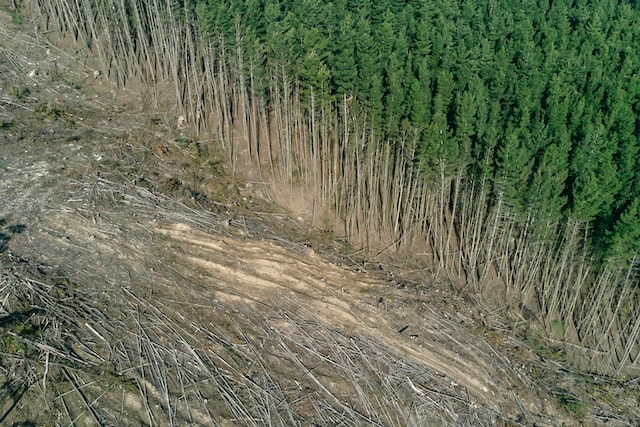
A Vegan Diet is Good For Our Forests
It takes a lot of land to feed the 70 billion farmed animals trapped within our food system each year. They either need a lot of land to graze, or we need a lot of land to grow their feed. If we got more calories back in meat, milk, and eggs than we fed to them, there would be an argument for pursuing this system. But we don’t. We get a lot less. In fact, 83 per cent of our current farmland is used for animal agriculture, but it gives us just 18 per cent of our calories. Much of that farmland was created by cutting down native habitats, including forests. The Amazon is being decimated to grow the soya that is shipped around the world to feed animals in factory farms — animals like pigs, chickens, turkeys, dairy cows, and fish.
A Vegan Diet Saves Wildlife
Unsurprisingly, when we destroy natural habitats, we destroy wild animal populations. Just since 1970, 60 per cent of all wild populations have died out because of human activities. Our diet is a key driver of this destruction, with land clearance one aspect, and the decimation of the seas to cater to our taste in fish being another.
What Are The Cons Of Veganism?
There aren’t any real cons, although it can take a little time to adjust to a new way of eating. We may have to learn a few new recipes, and unlearn a few old habits. That isn’t always easy, but there are millions of people from every country of the world who have already become vegan, so it is possible for most people to become vegan or at least to become much more vegan!
Is A Vegan Diet For Everyone?
A balanced vegan diet is suitable for every stage of life, including newborn babies, and people in older age. Whatever our background, culture, or religion, it is possible for almost everyone on the planet to adopt a plant-based way of eating that fits in with their belief, taste preferences, and traditions.
Of course, there are some people who may struggle, or who may face unique barriers to becoming vegan, but the vast majority of people could eat and thrive on a plant-based diet.
Plant-based Food Ideas
To get you started, here are our top meal ideas for new or aspiring vegans.
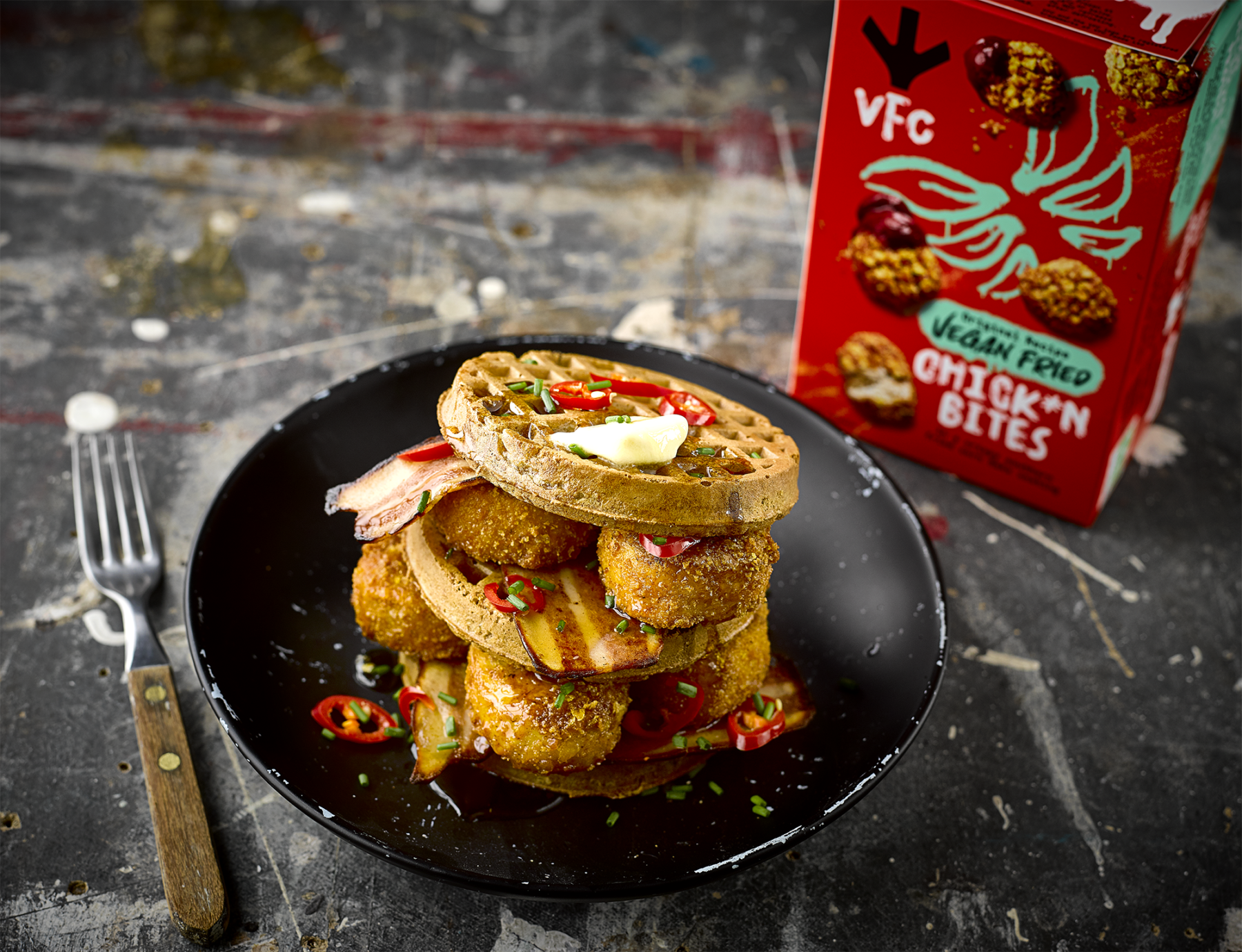
Top Ten Vegan Breakfasts
Add tea, coffee, fruit juice, herbal tea, green tea or any other beverage of choice.
- Peanut butter on toast
- Avocado on toast
- Yoghurt with fresh fruit
- Apple pancakes
- Cereal with oat or soya milk
- Crumpets with jam
- Scrambled tofu
- Overnight oats with raisins, cinnamon, and maple syrup
- Vegan bacon sandwich
- Full vegan English breakfast with hash browns, veggie sausages, grilled tomatoes, mushrooms, and baked beans
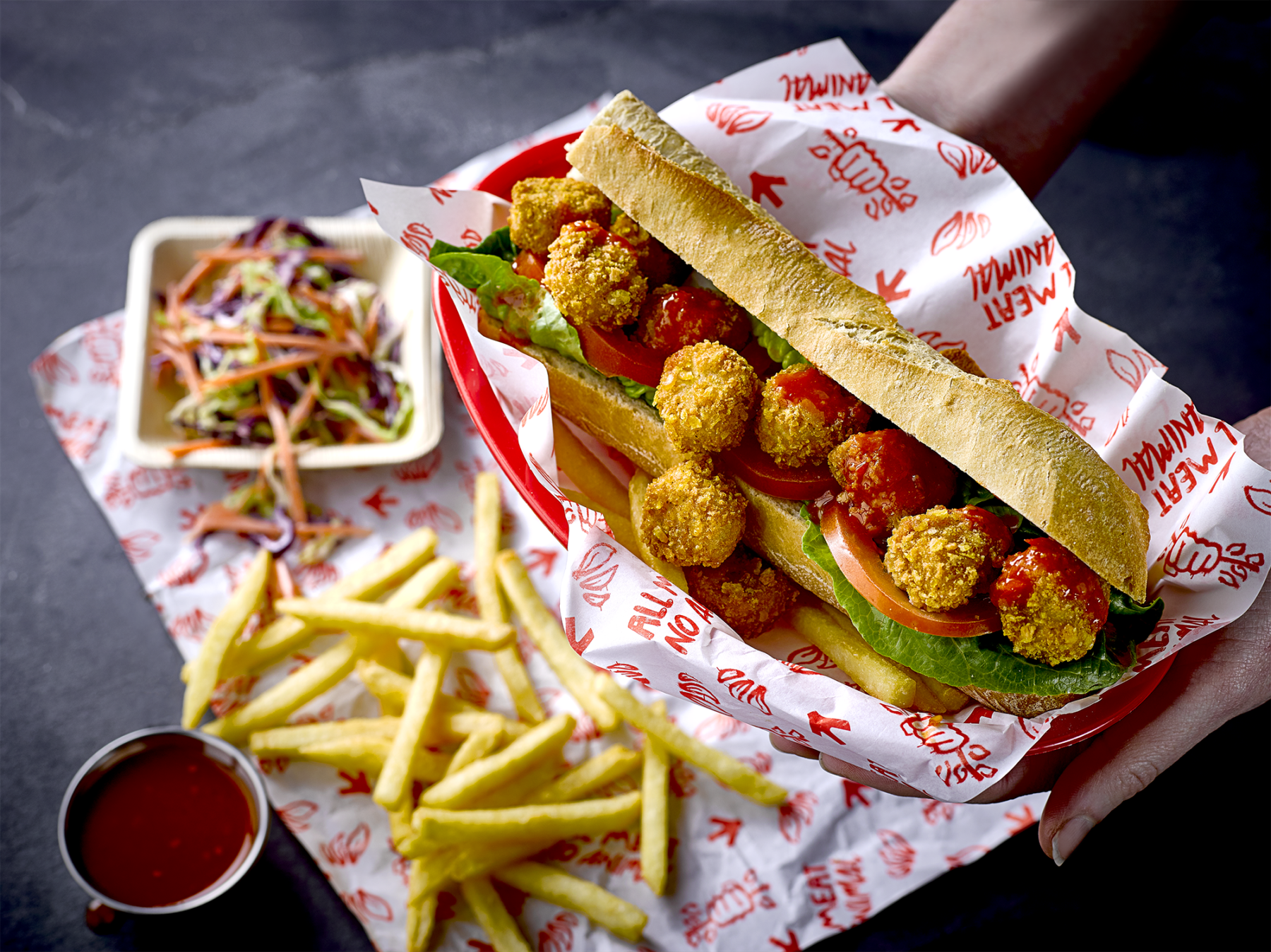
Top Ten Vegan Lunches
- Three bean soup and a hunk of bread
- Baguette with hummus, rocket, and olives
- Falafel wrap with tahini and chilli sauce
- Vegan sushi
- A salad bowl with a zingy herb dressing
- Vegan popcorn chick*n wrap with watercress and vegan mayo
- Vegan quiche with a mixed salad
- Jacket potato with vegan coleslaw
- Baked beans on toast
- Pasta salad power bowl
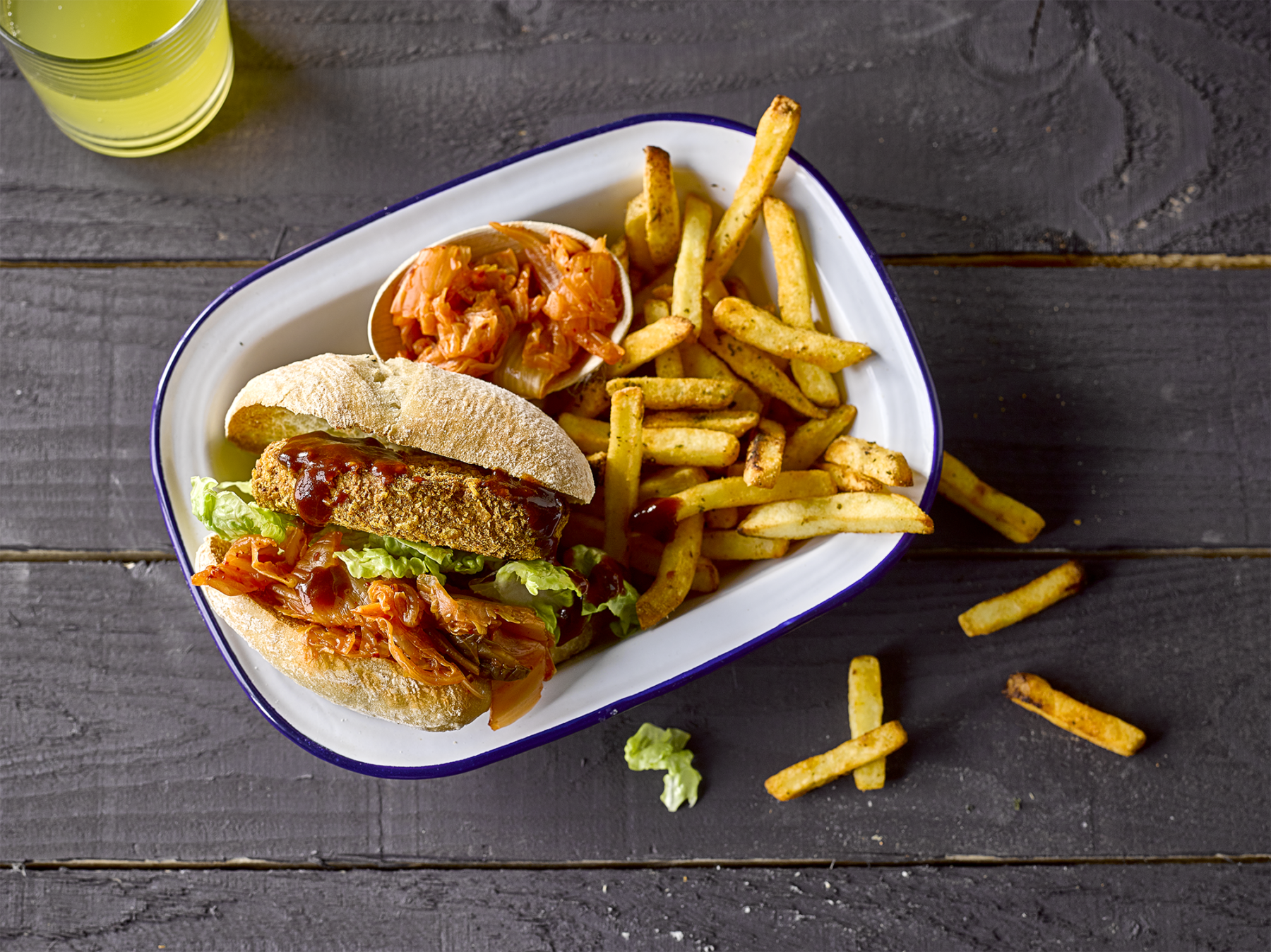
Top Ten Vegan Dinners
- Vegan fried chick*n burger with all the trimmings
- Lasagne with garlic bread
- Lentil and sweet potato curry with roti
- Fajitas
- Pizza
- Buddha Bowl
- Roasted vegetables with a tahini lime dressing
- Spaghetti bolognese, made with soya or lentils
- Chilli non carne
- Vegan sausages with mashed potatoes, peas, and gravy
Conclusion
There are so many great reasons to eat more plants: it’s good for animals, the planet, for our own health, and for the health of people all around the world. And we don’t need to suffer boring food in order to do that. Vegans love food as much as everyone else. We just don’t want our food choices to cause harm to someone else.

